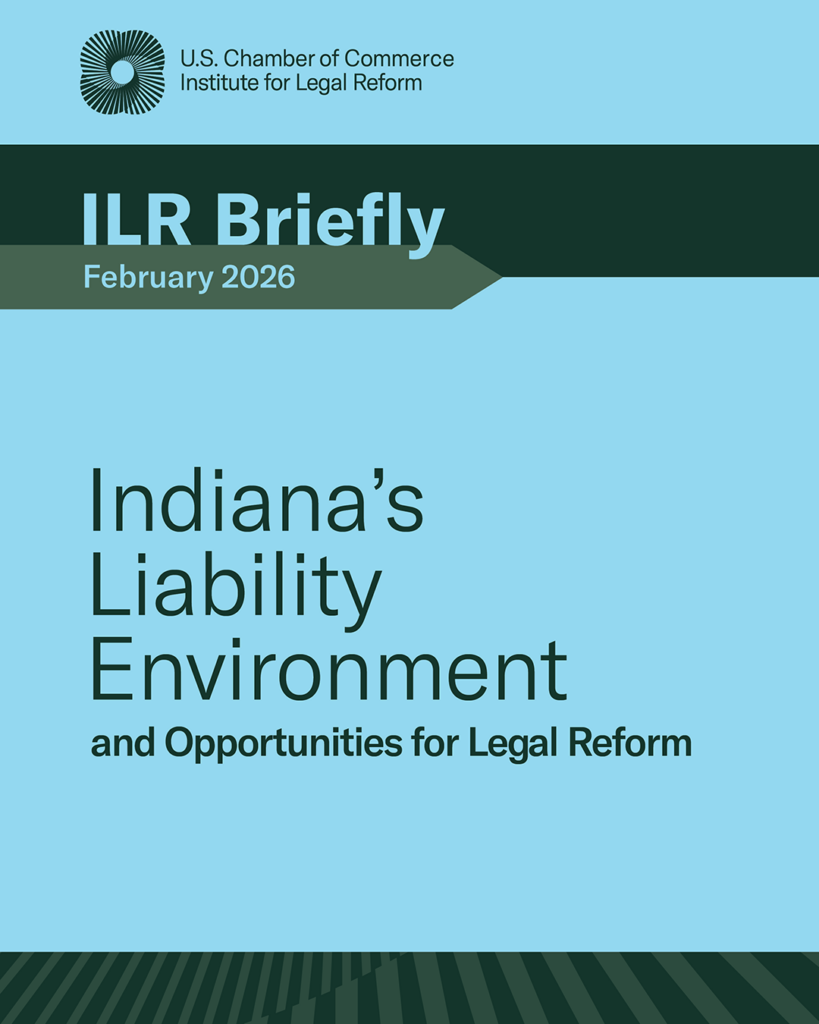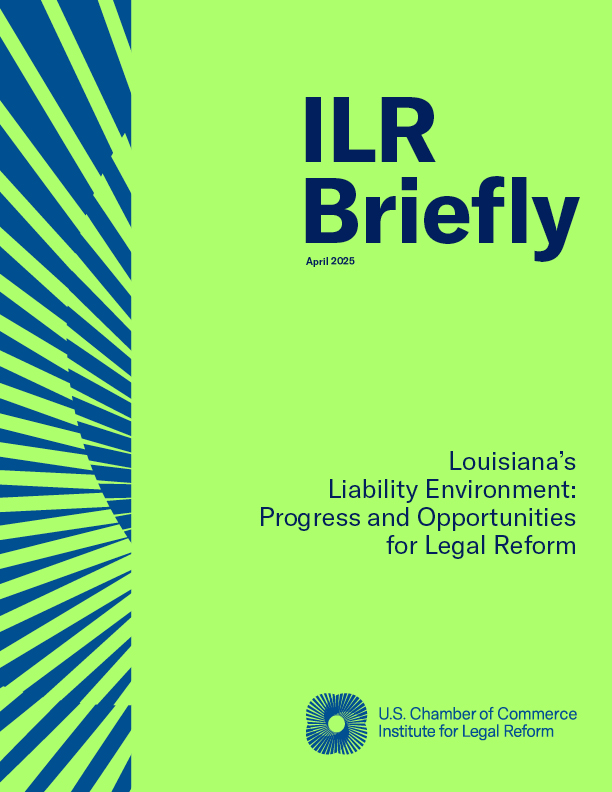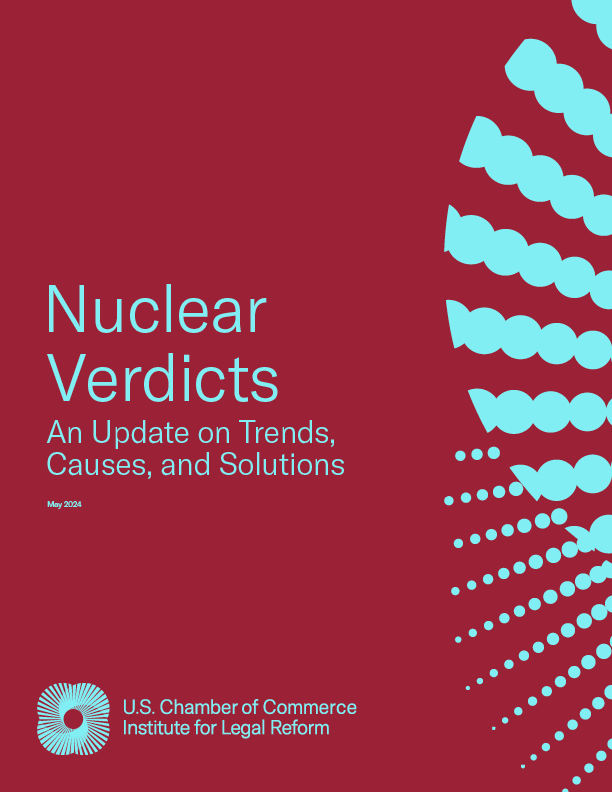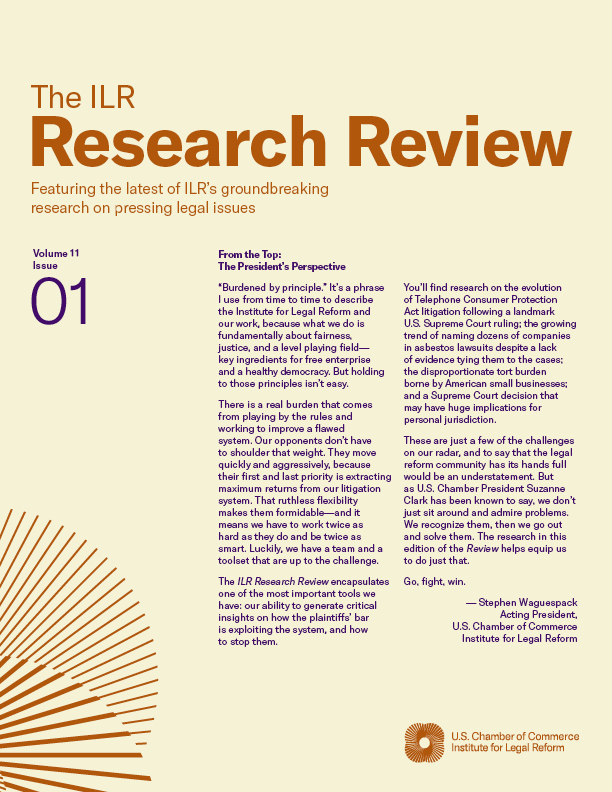In 2013, ILR published “Great Myths of State False Claims Acts”, a research paper pointing out that states were paying an unexpected price for implementing state qui tam False Claims Acts (FCAs).
They’re still paying in 2018.
The 2018 update to “Great Myths” shows that the whistleblowers’ bar is still capitalizing on state qui tam FCAs, harvesting windfall awards from states and the federal government every time they win a suit under a state FCA statute.
There is scarce evidence that these statutes, ostensibly created to empower states to more effectively detect and seek recovery from Medicaid fraud, are accomplishing their goals.
On the contrary: there are strong indications that states with qui tam statutes may actually recover less from the average Medicaid fraud settlement than those without, given the state’s obligation to pay out a share of the settlement to the suit’s relator under such statutes.
The paper also points out that the dubious benefits of implementing a state FCA turn into a clear financial net negative when states allow their FCAs to fall out of compliance with federal standards—which, as the paper points out, has happened both easily and often.
Ultimately, the research contends that states should be careful in considering whether qui tam makes sense and, if so, should draft their statutes in a way that aligns the goals of business and government in preventing, detecting, and punishing fraud.
View PDF


